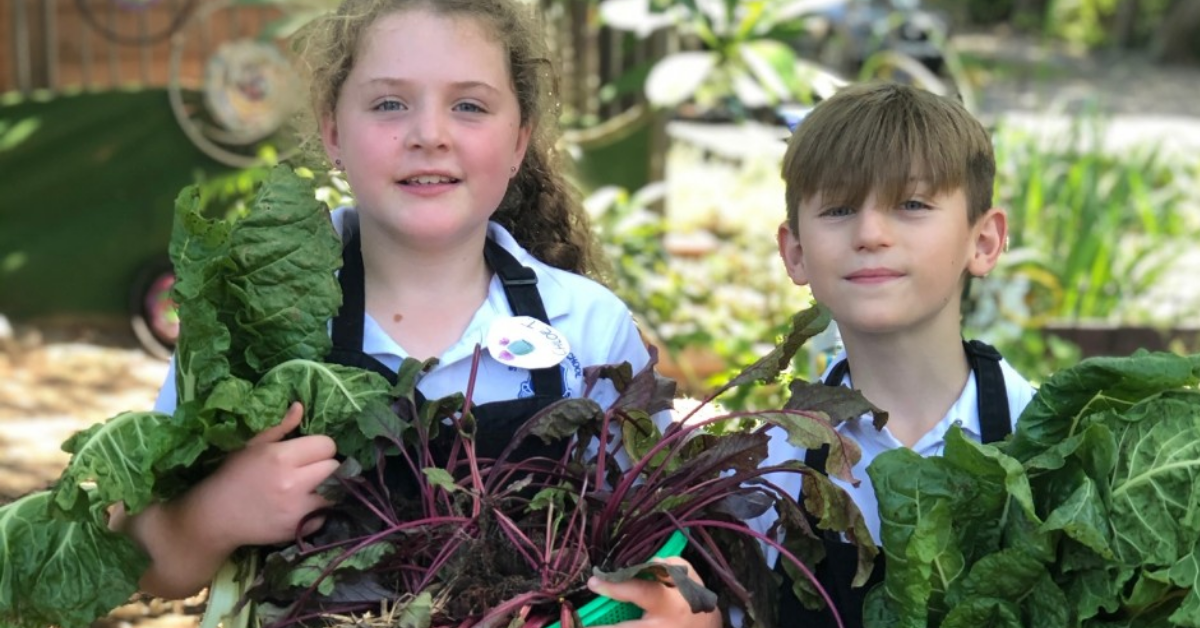Participating schools in the Kitchen Garden Program, including Seaforth Primary School, have come a long way since the 2001 pilot, helping to cultivate positive eating habits in children to prevent childhood obesity in Australia.
The program is the brainchild of Australian cook, restaurateur and food writer Stephanie Alexander AO, who founded the Kitchen Garden Foundation in 2004 out of concern over the rise of the child obesity problem in the country.
Ms Alexander was frustrated that many nutrition campaigns focus only on the nutrition qualities of food and don’t teach children where to source and how to cook delicious dishes using fresh vegetables and fruits.
The key to the success of the Kitchen Garden Program is introducing a different approach to helping kids appreciate food: teach them to experiment and develop their taste so that creating dishes and eating them is more pleasurable, instead of just telling them to eat their veggies.
“At Seaforth Primary School in NSW, a journey around the garden identifying plants, collecting seeds and even weeding is viewed through a lens of mindfulness, with collected items being used to make artworks, based on ‘wild creativity’ artist Andy Goldsworthy,” the Kitchen Garden Foundation said explaining how the program promotes wellbeing and resilience in schools.
The Kitchen Garden program at Seaforth Primary School teaches children from K-5 to work in the garden by growing, maintaining and harvesting their own fruits and vegetables. This way, the students learn where their food comes from.
Seaforth PS students in Years 3-6 collect the harvested produce and use them at Kitchen classes in cooking delicious dishes. The Garden and Kitchen lessons are designed to be “fully integrated into the curriculum to reinforce science, literacy, numeracy, cultural studies and all aspects of environmental sustainability.”
The Kitchen Garden program offers educators the following resources and access:
- Program fundamentals – 10 kitchen garden program fundamentals for schools that are designed to support educators in implementing their kitchen garden program.
- Professional development – includes workshops for new kitchen garden educators, networking sessions and tailored packages of hands-on training and advice.
- Educational resources – online and print educational materials.
- Shared table – an online community where educators from schools and early childhood services share kitchen and garden activities, exchange ideas and build a network of experts.
- Support – provide ongoing email and phone assistance and advice including troubleshooting technical issues and providing advice on fundraising.








